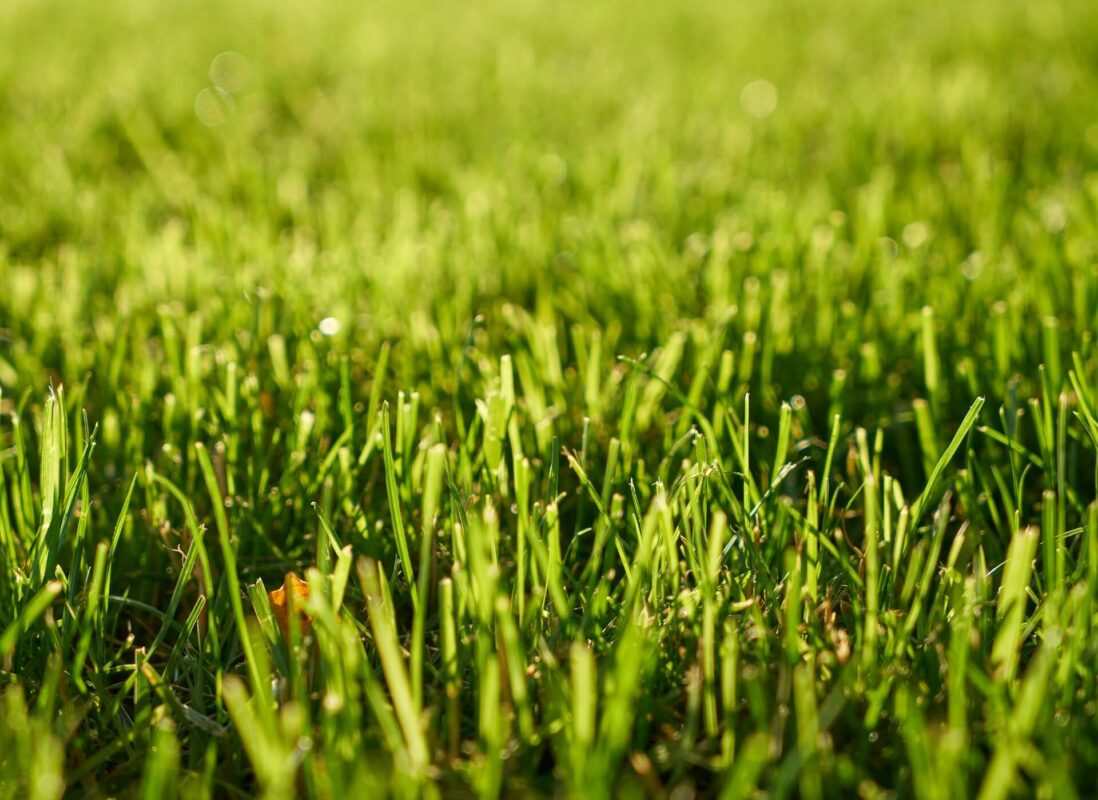What Pest Control Businesses are Doing to Minimize Harm

Anybody who is familiar with this blog will know that here at Nature’s Seed, we strongly encourage prevention as the best form of lawn maintenance. A healthy lawn with healthy soil is usually all that’s needed to keep most weeds and pests at bay. I understand sometimes that’s easier said than done, especially during a summer like the one we just had. Drought stress in our cool-season grasses was unavoidable in some areas of the country. As a result, it was a particularly bad year for pest infestations. This can also be confirmed by the amount of e-mail we received regarding problems with grubs, sod-webworms and other pests. As a last resort, many homeowners turned to pest control businesses for help getting their bugs under control.
I recently had the opportunity to sit down with Travis White, president of Specialized Pest Control and Lawn Care, to discuss what he and other businesses in the industry are doing to minimize any harm these chemicals might cause to the environment and human health. White runs one of the most successful pest control and lawn care businesses in the Intermountain West, something that can be attributed to his dedication in providing responsible service and safety in handling, storing and disposing of these potentially dangerous chemicals.
Nature’s Seed: So how dangerous are these chemicals you’re dealing with at your pest control business?
White: A lot of the newer products are formulated in a way where they’re a lot safer than the old products. There’re not very many chemicals that emit volatile organic compounds left on the market that you can use. A lot of those have been taken off the market because they’re persistent in the environment. A lot of the new synthetic pyrethroids and newer formulations are much safer and less persistent in the environment. Things have really changed in the last few years as far as the safeness of the products. I mean it’s still a pesticide, it’s not safe, but as long as they’re used properly they’re relatively safe as long as you’re using them in the way they’re labeled and disposing of containers the way the label states, as well as storing them properly.
Nature’s Seed: How does your business store these chemicals?

White: They’re always under lock and key, in a building that’s very secure. Good sturdy shelving is important so stuff isn’t tipping over. Non-porous floors are important too. You obviously want a floor that chemicals can’t penetrate, and you want to always make sure you have spill equipment on hand in case you do have a spill. Even if they’re in our trucks, we have them inside something secure. We put shelves in all our trucks and everything is locked in the back where we can keep control of who has access to them.
Nature’s Seed: Say you have a tank you need to clean out or some pesticide you need to dispose of. How would you go about doing that?
White: Basically, you have to use it. So if you have diluted product that you need to dispose of, you have to use it as it’s labeled. You’d have to spray a building with it, or go spray a lawn with it if you had excess. Even if you’re rinsing you still have to apply it. So if you’re trying to clean a tank out and you put some water in it, you still have to apply it as per label. You have to apply it to the surface it’s labeled for at the rate you’re supposed to apply it at. You can’t just go pump your hose out on the ground or drain it out. You have to apply it as it’s labeled. If it’s a concentrated product, the Department of Agriculture has a pesticide disposal program. You take it to them at a collection site and they’ll dispose of it safely. You cannot just throw that kind of stuff away.
Nature’s Seed: What about empty containers?
White: All labels require triple rinsing of the container. Some labels specify that you drain it for 10 to 30 seconds. You hold it upside down after each rinse so that there’s no residue left before you can dispose of it. The containers are disposed of quickly and properly. We don’t just leave them kicking around.

